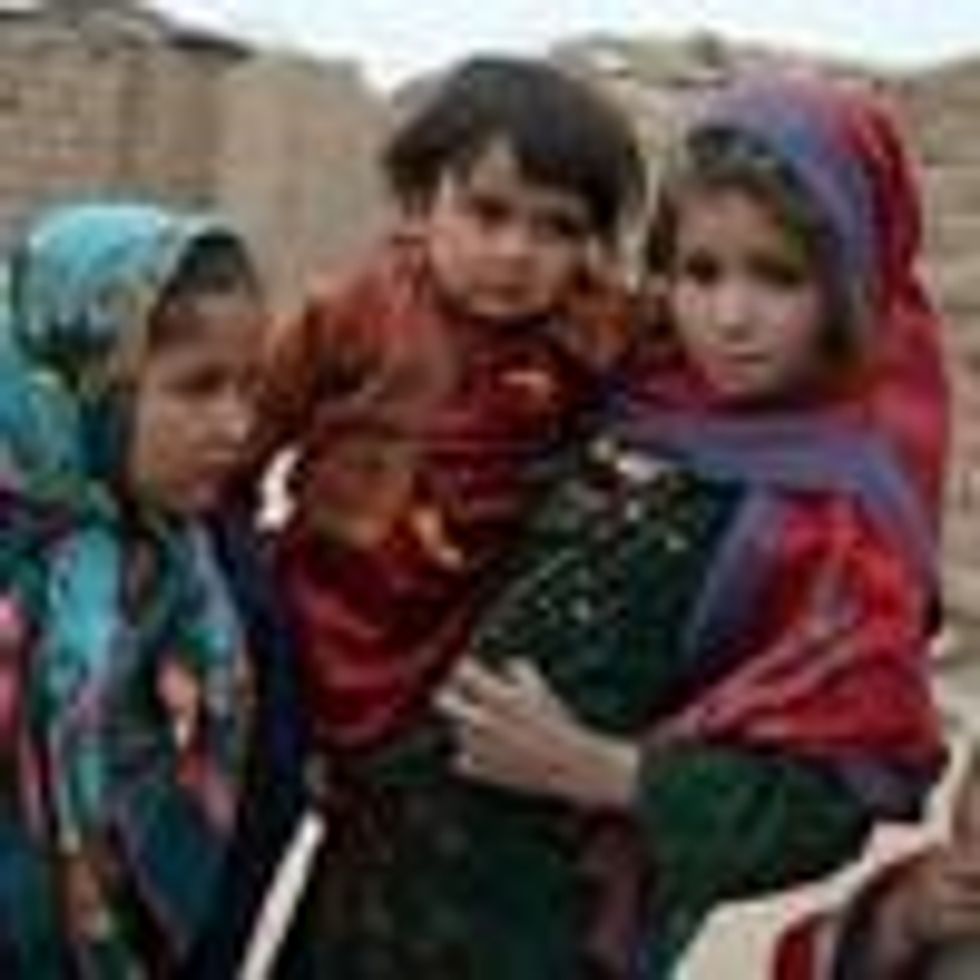A powerful earthquake in Afghanistan killed more than 900 people and injured hundreds more on Wednesday, flattening homes and devastating entire villages in a nation already ravaged by decades of U.S.-led war and an ongoing economic collapse.
The earthquake, which hit overnight, had an estimated magnitude of 6.1 with an epicenter near the nation's border with Pakistan.
"The death toll is likely to rise as some of the villages are in remote areas in the mountains and it will take some time to collect details," said Salahuddin Ayubi, an official with the country's interior ministry, as disaster relief efforts continued.
Maulawi Sharafuddin Muslim, acting deputy minister of Afghanistan's national disaster authority, said during a news conference Wednesday that "some villages have been completely destroyed" and that he's awaiting additional "details about the damages to houses."
One resident of the Paktika province, which was hit particularly hard by the earthquake, told reporters that "most of the victims are women and children because they were caught asleep by the calamity."
"There is absolute shortage of resources, doctors, and all other things needed," he said. "People don't know what to do."
The massive earthquake struck in the midst of an economic nightmare in Afghanistan, where tens of millions of people--including many children--are facing acute hunger as the U.S. and European nations strangle the country's economy with sanctions and other punitive measures.
Last August, following the Taliban's return to power after two decades of U.S. occupation, the Treasury Department froze billion of dollars in Afghan central bank assets despite warnings that the move would worsen the country's humanitarian crisis. Months later, the Biden administration went a step further by announcing the permanent seizure of the funds.
Related Content
Biden Urged to Prevent 'Catastrophe' by Reversing Seizure of Afghan Funds
Jake Johnson
The crippling sanctions, which the U.S. and Europe have presented as an effort to keep money out of the hands of the Taliban, have further strained the budgets of aid agencies and humanitarian groups operating inside the country, undermining emergency relief efforts.
"The aid economy here has been devastated," Kabul-based Al Jazeera journalist Ali Latifi said Wednesday. "They will really struggle to deal with this issue until international aid agencies can pump in money, can pump in more support. Because at the moment, they're really undersourced and underfunded."


